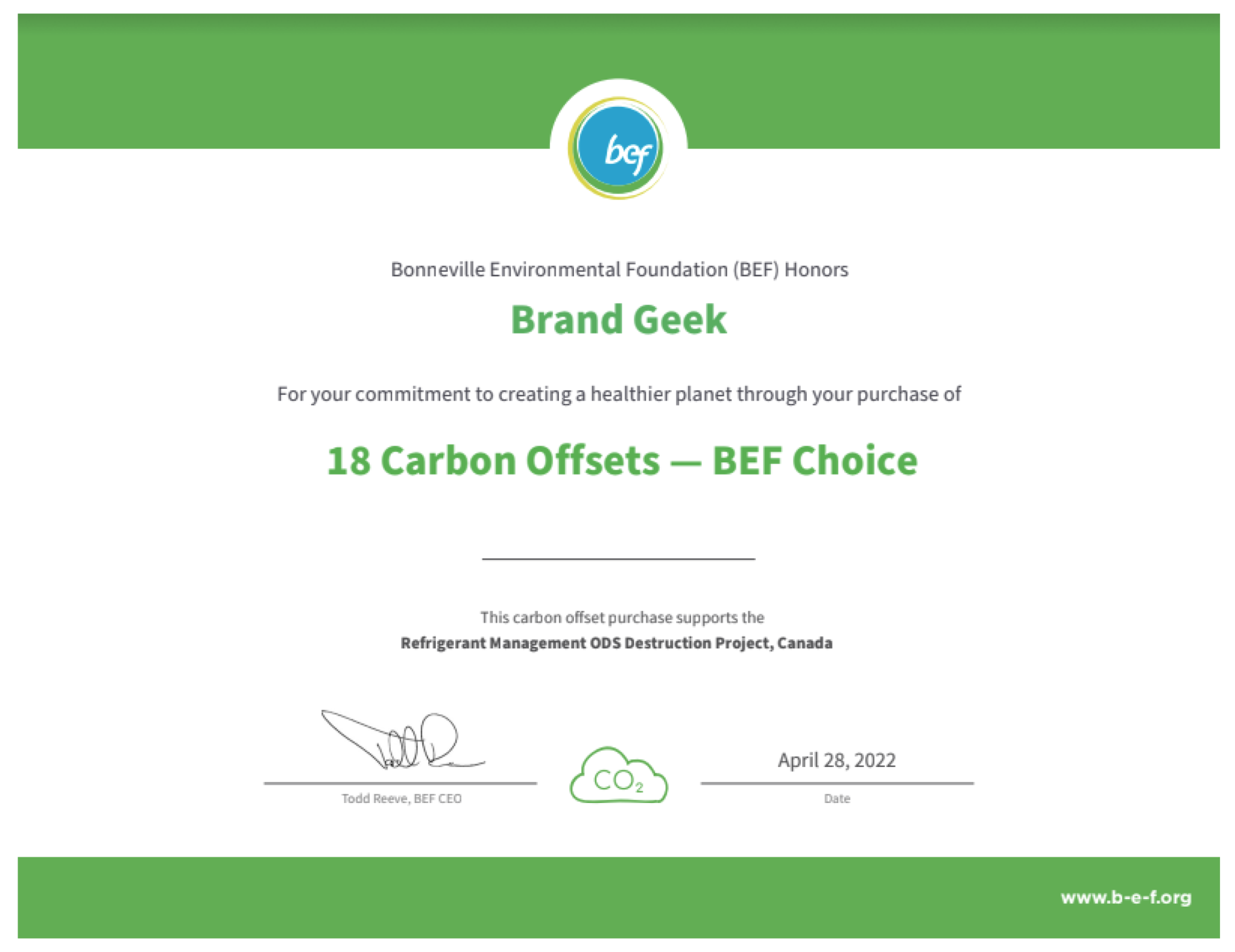Brandgeek proudly supports Mountain Area Preservation and is humbled to be…
National Grange and Brooklyn Grange Get Grungy over TM Dispute

National Grange is a non-profit organization that was founded in 1867 to advocate for rural America and agriculture. While the full name of the organization is the National Grange of the Order of Patrons of Husbandry, its marketing materials commonly refer to it as the Grange. Even though it’s a “fraternal organization of ‘Patrons of Husbandry,'” which might sound just a little misogynistic to some, women have been equal members in the Grange since its inception.
I’m not sure what the Grange’s Mission is, but it does have a Declaration of Purposes, which includes the motto, “In essentials, unity; in non-essentials, liberty; in all things, charity.”

It also sets forth specific objectives relative to business relations, education, non-partisanship and outside cooperation. Relative to the later, it states:
[framed_box]Our Fraternity, being agriculturally based, family oriented and dedicated to the pure principles of equality under Constitutional Law, we appeal to all good citizens for mutual cooperation and assistance toward reform that we may remove from our midst the last vestige of inequity and corruption. We believe that harmony, equitable compromise and earnest cooperation are essential to future success.
[/framed_box]The National Grange also has 13 LIVE USPTO trademark records, 12 of which incorporate the word GRANGE, including a registration for THE OLD GRANGE RESTAURANT for restaurant services, and another for GRANGE for goods and services including:
[framed_box]credit cards, posters, and publications; namely, newsletters, brochures, and pamphlets about family life in farm, rural and suburban communities . . .
association and charitable services; namely, advancing the quality of family life in farm, rural and suburban communities . . .
[/framed_box]Even though the word grange is defined by Merriam-Webster as a granary, barn, or farm, especially a farmhouse with outbuildings, National Grange has used this word as a brand in connection with family farms for 144 years. It’s registrations for its logo, NATIONAL GRANGE and GRANGE marks are incontestable making it nearly impossible for the rights evidenced by these registrations to be challenged. There was even a U.S. postage stamp made to celebrate the National Grange’s centennial:
The Brooklyn Grange is a commercial organic farm located on New York City rooftops, which grows vegetables in the city and sells them to local people and businesses. Hooray! Brooklyn Grange’s website states, “Brooklyn Grange is a small business now, but we plan to expand so that we can build more farms on roofs throughout New York and beyond.” How awesome. Only folks, you’re going to have to do that under another name, one that is not likely to make people think you are associated or affiliated with, or endorsed by the National Grange organization.
The Grange is not messing around when it comes to protecting its brand. It has already taken the trouble to sue the Brooklyn Grange in federal court for trademark infringement, unfair competition and dilution. It went so far as to file for a preliminary injunction — asking the court to order Brooklyn Grange to stop using the BROOKLYN GRANGE mark while the lawsuit is pending. The court ordered the Brooklyn Grange to show cause why it should not grant the Grange’s motion, and the folks in Brooklyn have only ten more days (until November 23, 2011) to do so. Though the Brooklyn Grange’s business model seems wonderful, sadly, I think the BROOKLYN GRANGE mark is toast. Looking on the bright side, as long as it’s organic whole wheat, it should taste good with their organic veggies.
Oh, and here’s a little unsolicited advice for the folks in Brooklyn to help them avoid traveling down this bumpy road again: when searching for your new brand avoid using the term urban homesteading as well. Though you may think it’s a generic term for urban farming, the Dervaes Institute thinks otherwise, as I wrote about here.
 A preliminary trademark search conducted by competent counsel would have revealed the GRANGE family of marks. This is why we trademark lawyers urge our clients to conduct searches before adopting new marks. It’s also often less expensive than having to re-brand and it’s certainly less expensive than defending a trademark infringement lawsuit.
A preliminary trademark search conducted by competent counsel would have revealed the GRANGE family of marks. This is why we trademark lawyers urge our clients to conduct searches before adopting new marks. It’s also often less expensive than having to re-brand and it’s certainly less expensive than defending a trademark infringement lawsuit.





Thank you very much for your balanced article and analysis of the National Grange’s trademark infringement case in Federal court against Brooklyn Grange LLC. I direct the trademark protection program for the National Grange. I must admit when I started reading your blog, I was expecting that our organization would be quickly banished to your “bully basement.” But your analysis was not only balanced regarding our position, it was presented in a cleaver vernacular that is easily understood by non-trademark lawyers.
Several of the points you made indirectly were of as much value as your direct analysis. First we need better messaging on our website related to the scope and application of GRANGE trademarks in commerce. Our mission and goals for our trademark management is that the GRANGE trademarks are maintained primarily to support the charitable, civic, educational and community service activities of our 2500 local Grange chapters, who as chartered entities, are our primary “licensees.” In essence our trademark management is the opposite of corporate association with charitable causes. Rather than a commercial entity using association with charitable or civic causes to increase profits, we use association with commercial activities to financially support our civic goals in the communities our chapters are located in.
Second, you also indirectly made an important point to your audience of small business owners looking to avoid trademark problems by explaining “Look, just because you don’t fully understand or agree with the trademark owners priorities for how their brand in used in commerce, it doesn’t mean they don’t have the same rights as other, fully commercial trademark owners. Being confused about trademark law is not much of a legal defense for the small business owner who fails to perform due diligence trademark research into their business or product names, or who fails to respond when they receive notice of a possible infringement from a group like ours.
One of my favorite homemade trademark law defenses is what I call the dictionary defense: “But the word GRANGE is in the dictionary, how can you trademark this word?” The obvious problem with the dictionary defense is that in most of the American English language dictionaries, our organization is actually cited as a definition of the the word GRANGE in the United States. True, there is usually more than one definition to GRANGE in any given dictionary, but when the editors of most of the American English language dictionaries acknowledge that the word GRANGE is a widely accepted short hand reference for the National Grange organization in the United States, it is disengenuous to argue that the appraeance of the word GRANGE in a dictionary negates our common law and statutory rights to trademark protection for the commercial activities we have engaged in or sponsored under this brand name for 145 years.
We are in the process of re-launching our website. As the Manager of Trademark protection I am the primary interface with small businesses who inadvertently and unintentionally infringe on our trademarks. Most of the time informal consultations get us to a conclusion where generous time to make changes we request or use of a standardized, non-intrusive license contract solves the problem. We seek to avoid legal costs for ourselves and small businesses by solving problems but misunderstanding of trademark law and its application seems rampant. Quite frankly, this misunderstanding seems to be reinforced by some really bad legal advice. Local entrepreneurs who run to their local lawyer for advice seem to be told that all this will go away as soon as the national Grange gets a letter to back off from their attorney. Frankly, we have stared down legal challenges to our trademark rights over the past four years by Tyson Foods (the largest agribusiness corporation in the world) Aldi, NA (the largest food retailer in Europe and expanding rapidly in the US) Lidl, NA (the third largest food retailer in Europe, also looking to expand operations in the US) and others. Local counsel who advise their clients that we have no case against them have little appreciation of the 145 year history of the National Grange organization and its forays into a wide range of commercial activities for the benefit of its members and their communities.
So I want to thank you for your blog and your efforts to educate small business owners and hopefully their counsel, regarding trademark issues that they might face and readily avoid. Situations like our trademark infringement complaint against BROOKLYN GRANGE have to be among the most easily avoidable pitfalls that any small business can quickly and inexpensively avoid, by following clearly worded advice like yours.
Sincerely
Leroy Watson, Trademark Protrection Manager
National Grange of the Order of Patrons of Husbandry
Thanks so much for making the time to read and respond so thoroughly to my blog post about your case, Leroy.
I too am often amazed at the “dictionary defense,” which I hear every couple weeks on average, mostly from folks accused of infringement. I don’t understand why people don’t understand that entities (corporations or people (which are NOT THE SAME THING)) may acquire trademark rights by using existing words as brands. Do they really think that brands are limited to made up (fanciful) marks? A look at any grocery store shelf clearly indicates otherwise. Of course, the more descriptive a term, the more use that’s required to prove brand recognition, which we TM attorneys call “acquired distinctiveness,” or “secondary meaning,” but I think 145 years of use pretty well covers that.
Good luck with your lawsuit; I hope it settles quickly, as I am sure you do as well. I also hope you continue to enjoy my posts.